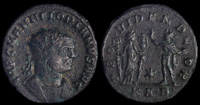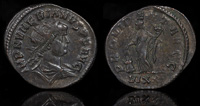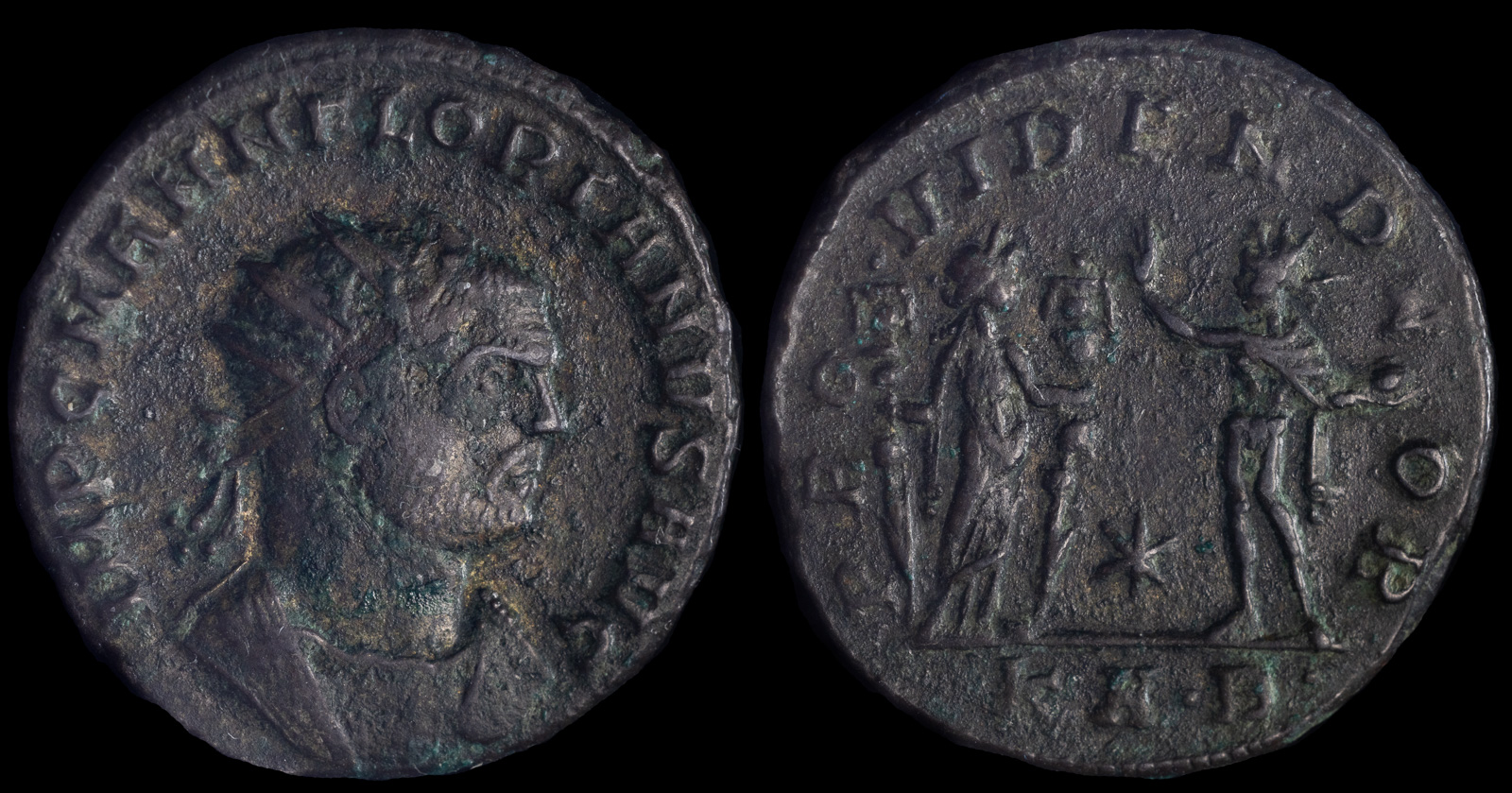Providentia
View All Tags
In Roman religion, Providentia was often invoked by generals and rulers before undertaking important actions, particularly military campaigns. She was believed to guide them in making wise decisions and to foresee the outcomes of their actions. The Romans placed significant emphasis on the idea that a leader’s foresight, supported by divine insight, would influence the fate of the state. She was frequently depicted on coins and in temples, where her image symbolized the vigilance of the ruler and the careful management of state affairs. In visual depictions, Providentia was commonly portrayed holding a scepter or a cornucopia, symbols of power and abundance, and sometimes accompanied by a globe or a rudder, representing control and direction over the course of events.
The reverence for Providentia also reflected Roman values of prudence and the belief that the state’s success was dependent on the wisdom of its leaders and their ability to anticipate challenges. During times of crisis or transition, the goddess was called upon to provide insight and guidance. In some contexts, Providentia was also seen as a protector of the Roman people, ensuring that they would have the wisdom to avoid disaster and achieve prosperity.

Florian 276 CE

Lucius Verus 161-169 CE

Maximinus I Thrax 235-238 CE

Numerian 283-284 CE

Tacitus 275 CE
